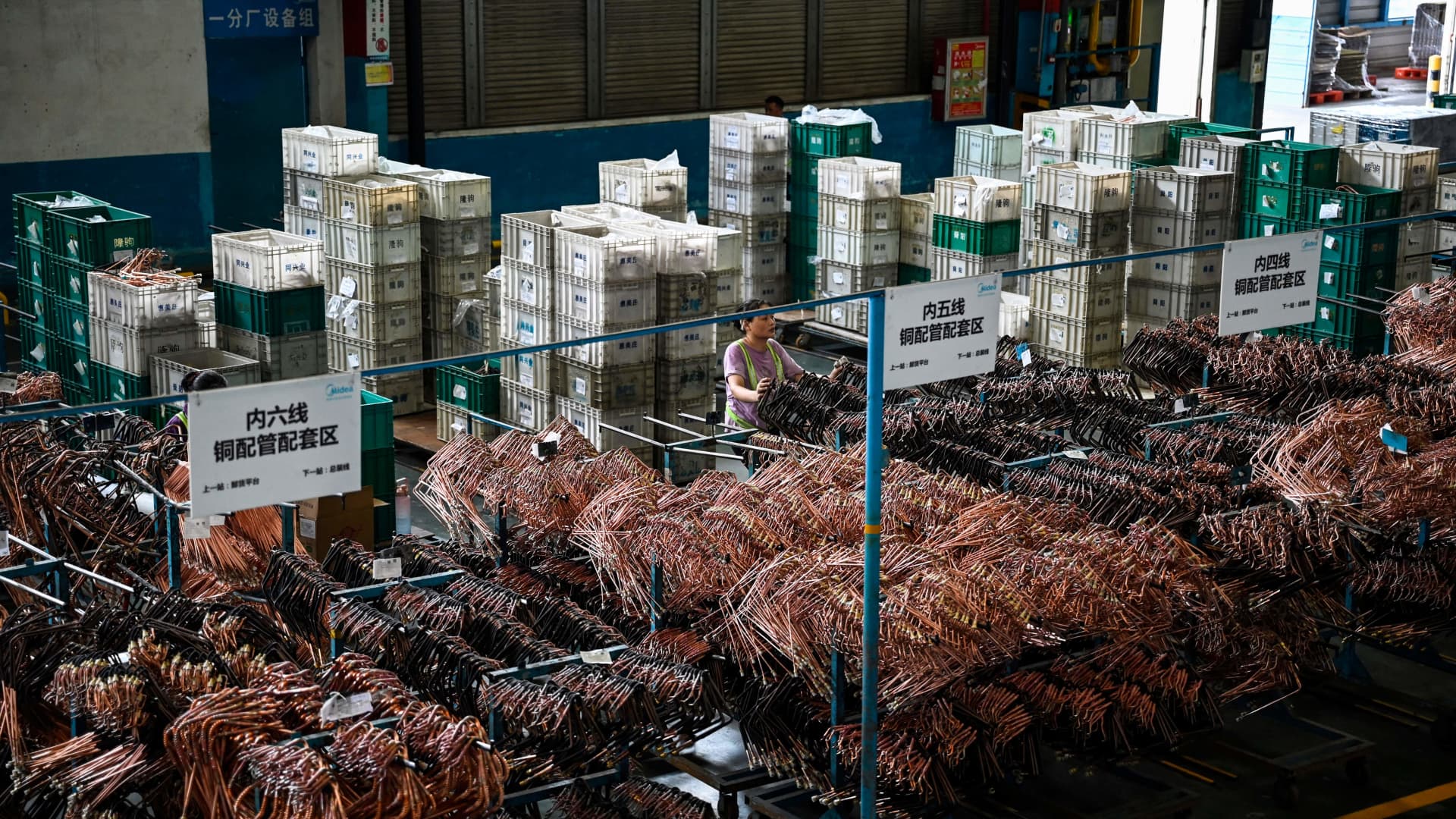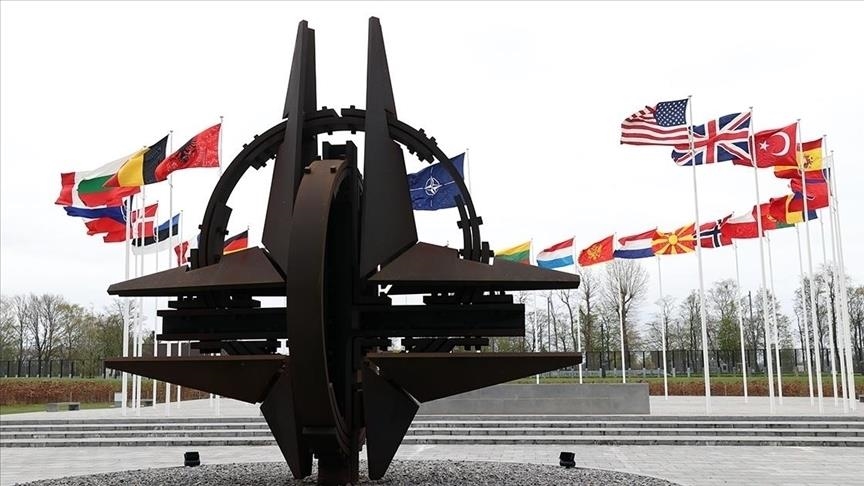Cyprus not a pre-condition for Turkey’s EU accession
Addressing the MPs at the Parliamentary General Assembly on Tuesday, Cox, who is currently paying an official visit to Turkey as the guest of Parliament Speaker Bulent Arinc, expressed his pleasure with being the first speaker of the EP addressing the Turkish parliament.
Thanking MPs for listening to him instead of visiting their elections districts prior to the local elections on March 28, Cox described 2004 as a significant year for the EU due to parliamentary elections to be held in June.
Stressing that relations between Turkey and the EU had been further improving day by day, Cox defined 2004 as the year of renewal for the EU.
Cox reminded that elections would be held throughout European continent in June of 2004 to elect the new members of the EP, and that the number of EU-member countries would increase from 15 to 25 on May 1, 2004.
Pointing out that they would be scheduled to discuss very important issues in 2004 and that they could not reply to some questions yet, Cox expressed his hope to find answers of questions about the constitution of the future, situation of the new EU, and the new decision-making mechanism of the EU.
Noting that Turkey was a part of the EU Convention and the Turkish government had sent its representatives of the Inter-governmental Conference, Cox said that they could not come to a conclusion this year in the arguments over the future capacity of the EU.
Stressing that one of the most frequently asked questions was regarded with Turkey’s EU membership, Cox said that the EU Commission would prepare a report before end of its tenure, and they would assess development of Turkey as a accession partner on the basis of the report.
Cox quoted EU Commission President Romano Prodi as saying at his address to the Turkish parliament that they would make a fair and balanced assessment in December of 2004 before taking a decision about opening of accession talks with Turkey and their assessment would be equal to those about the other candidate countries.
Noting that the EP would examine the report to be presented by the EU Commission in October, and prepare their own report before December of 2004, Cox said that their assessments in the report would be balanced and fair like the report of the EU Commission.
He said that the newly elected EP would make its preference in that date.
Reminding that they, as the European institutions, attributed great importance to institutional continuity, Cox said that the new members of the EP would maintain its works over the heritage of the current parliament instead of discussing everything from the beginning.
Highlighting importance of adoption of Turkey’s vision of Europe by the Turkish parliament, Cox said that the vision did not belong to any political party, government or opposition party.
Stressing that co-operation was required in relations with the EU as one could see in central and eastern European countries, Cox underlined importance of national consensus in regard to making process in the EU membership process.
Emphasizing that co-operation in the Turkish parliament had encouraged him, Cox congratulated Turkish MPs on achieving such a progress since the Copenhagen Summit in December of 2002.
Noting that he thought it impossible to make such reforms in Turkey when he was elected parliamentarian in 1989 for the first time, Cox said that Turkey had succeeded in fulfilling its pledges in just 18 months.
Cox said that there was an effective political stability on Iraq issue, fight against terrorism both in Turkey and Turkish parliament and noted that Turkish deputies were very important players and leaders in this region.
Commemorating people who lost their lives due to terrorism in Turkey, Cox said that they held a ceremony in the European Parliament for people who died and who were injured in incidents in Istanbul and they had solidarity with Turkey on this issue.
Cox said that Turkey recorded very important progress in reforms, noting that he believed that Turkey would continue its efforts on the path of democratization and modernization.
Cox stressed that Prime Minister Recep Tayyip Erdogan’s expression of "Ankara criteria" impressed him very much and stated that he believed that Turkish deputies would also back issues called as "Ankara criteria."
Stating that Turkish leaders would be taking a forward step on Turkey’s engagement with the European Union (EU), Cox said that Turkish leaders’ success were clear including reforms in the Constitution and Turkish Penal Code, progresses in National Security Council (NSC) and lifting of death penalty.
Cox said that EU Commission and European Parliament (EP) appreciated last November progresses which were fulfilled by Turkey and they also criticized shortcomings and stated that EU Commission and EP attached great importance to continuation of judicial reforms in Turkey. He added that they believed that Turkey would also make further progresses on military relations regarding implementation in Europe.
Noting that individual rights and rights of minorities were recognized at the first stage of the reform as a result of progress in protection of cultural rights, Cox recommended Turkish MPs to put reforms into practice as much as they can by using their leadership before submission of report of the EU Commission in October, the EP’s assessments and Turkey’s appointment in December of 2004 as follows.
Pointing out that laws could be changed easily in written documents, Cox said that determination was necessary to change attitudes and approaches. He called on Turkish MPs to inform the public administration on these reforms.
Reminding that Turkey had lost its citizens and suffered considerable economic and social losses in acts of terrorism, Cox said that it was a pleasure to tell that the bloody era had come to an end.
Stressing that Turkish people had the right and were obliged to defend integrity of their territories as a Republic, Cox said that he must have been the first person saying it.
Referring to trial of Leyla Zana and other former deputies of the Democracy Party (DEP) which was banned by the Constitutional Court, Cox said that the EP expected some changes on such issues during reform process in Turkey.
Noting that Turkey’s judicial mechanism was totally independent from the government and parliament, Cox said that he did not ask Turkish MPs to intervene in jurists.
Pointing out that there could be small islands resisting against developments in the sea of change, Cox said that everyone should display the same approach in this process.
Noting that the EP did not assess its relations with Turkey on the basis of the trial, Cox said that the trial, however, had a symbolic value exceeding borders of Turkey.


